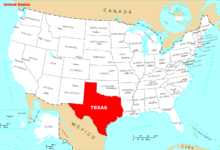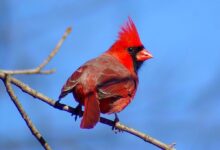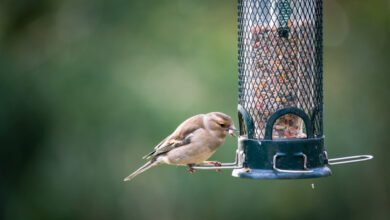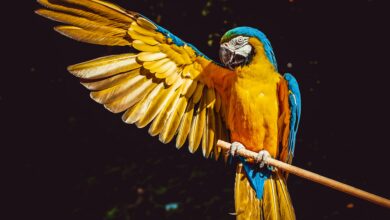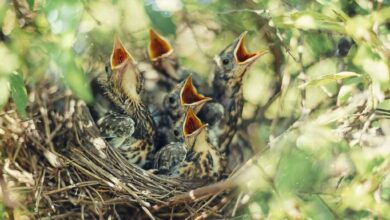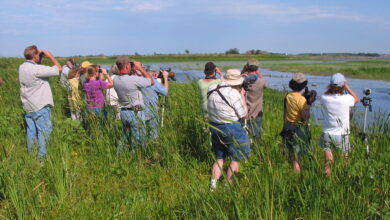Mastering the Art of Bird Watching: Essential Tips
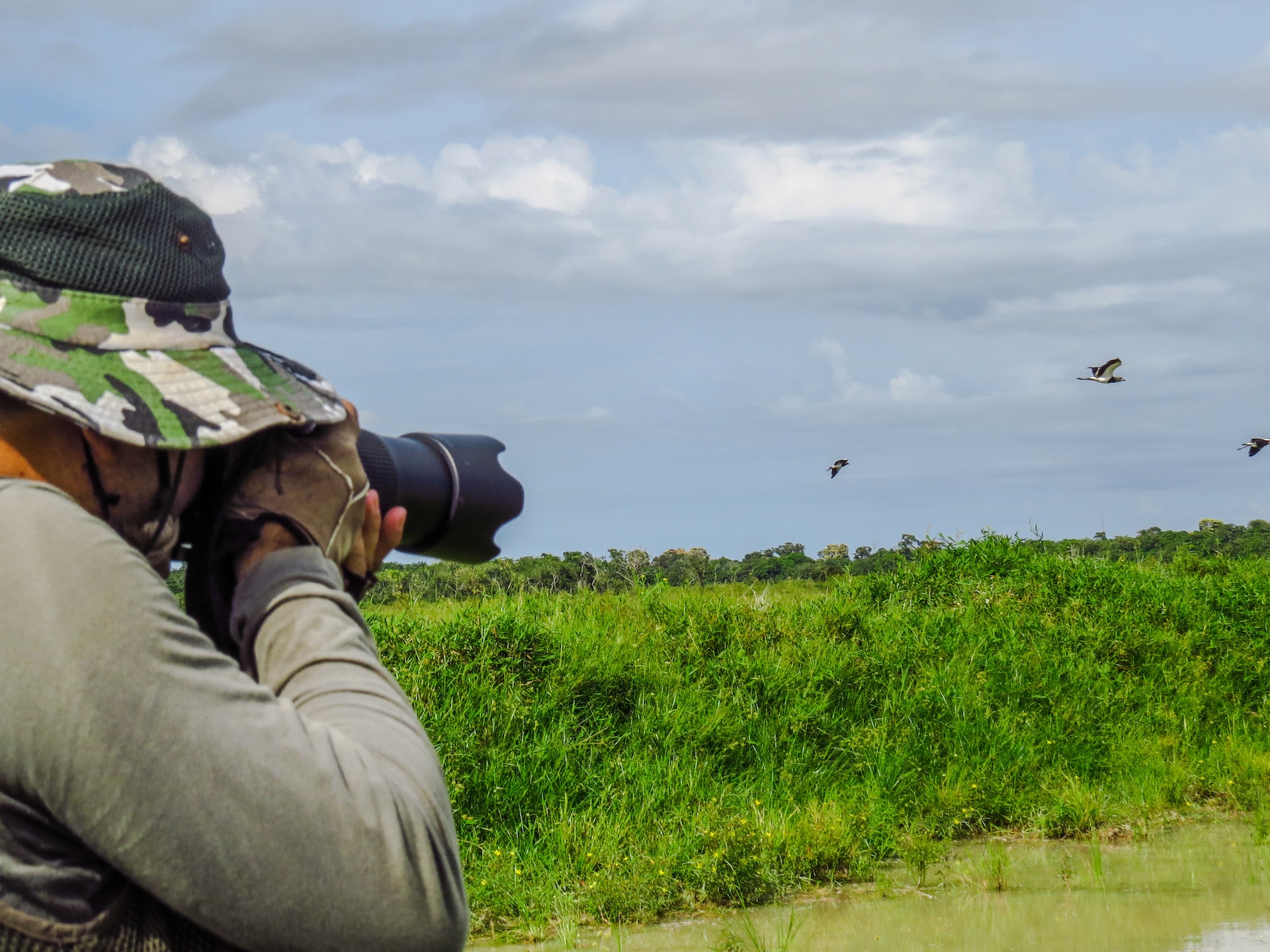
Bird watching, often called birding, is a delightful hobby that connects us with nature in the most intimate way. It’s not just about spotting a bird and ticking it off a list; it’s about understanding these magnificent creatures and their behaviors. Whether you’re a seasoned birder or just starting out, some essential tools and techniques can enhance your experience.
Have you ever sat in your backyard, sipping your morning coffee, and wondered about the chirping birds around you? Bird watching is about observing and appreciating these feathered friends in their natural habitat. It’s a hobby that requires patience, keen observation, and a love for nature.
Essential Tools for Bird Watching
Binoculars for Bird Watchers
The most fundamental tool for any bird watcher. A good pair of binoculars brings distant birds into clear focus, allowing you to observe details like plumage color and patterns. When choosing binoculars, consider magnification, field of view, and weight.
Field Guides
These books or apps provide information about different bird species. They often contain illustrations or photos, helping you identify and learn about the birds you spot.
Notebooks and Pens
Keeping a birding journal helps you record your observations, sketches, and notes about the birds you encounter. Over time, this becomes a cherished record of your birding adventures.
Cameras for Bird Watching
While optional, many bird watchers love capturing their sightings in photographs. A camera with a good zoom lens can help you take stunning shots of birds in action.
Spotting Scopes
Spotting scopes is a great tool for those who want to observe birds from a distance without disturbing them. They offer higher magnification than binoculars and are often used for stationary observation.
Techniques for Effective Bird Watching
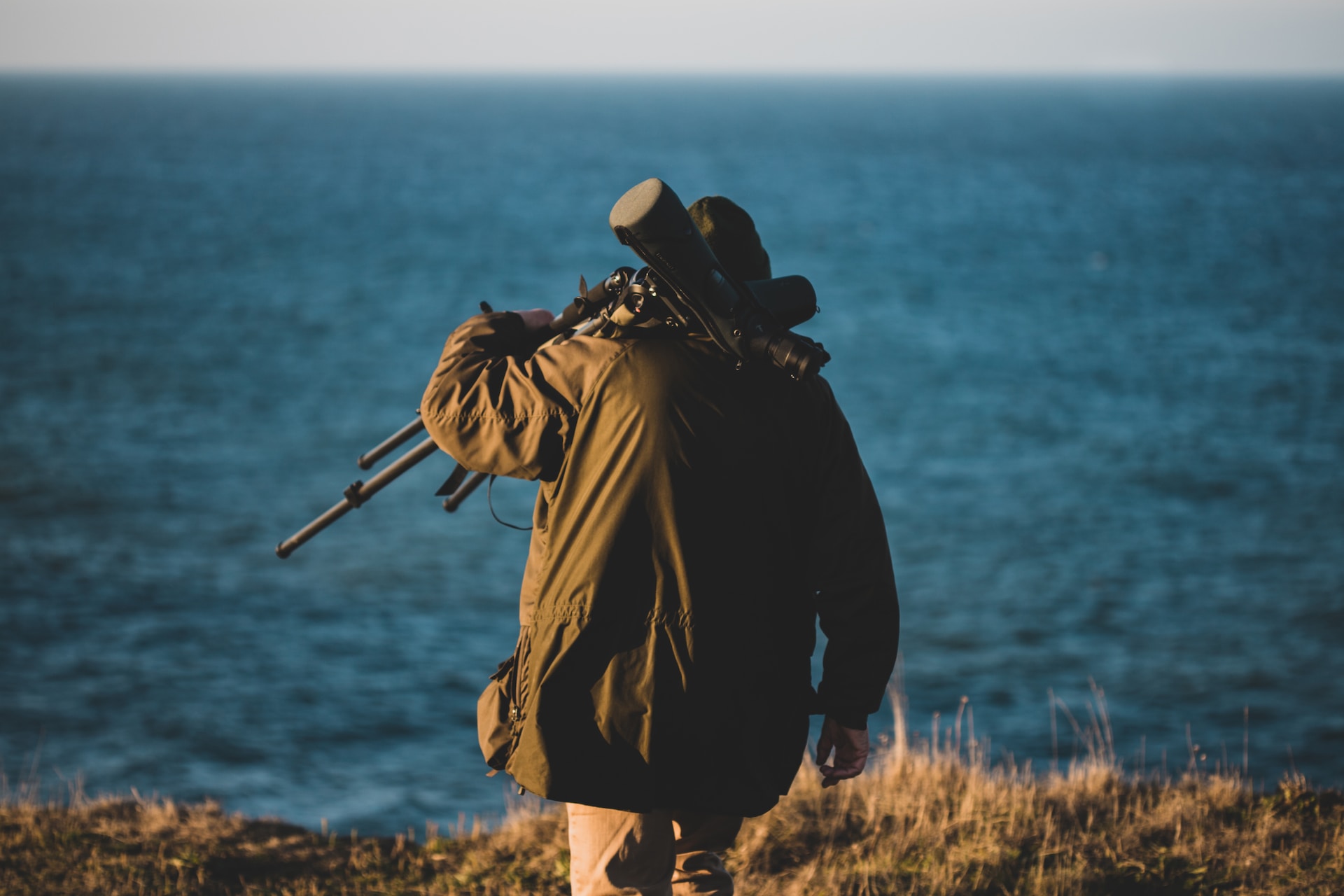
The Art of Patience: Birds are wild creatures that won’t always appear on cue. Sometimes, you might have to wait hours to spot a particular species. Patience is key in bird watching.
Learning Bird Calls: Recognizing bird calls and songs is a skill that can greatly enhance your birding experience. It helps you locate and identify birds even when out of sight.
Understanding Bird Behavior: Observing how birds interact with their environment and each other can provide valuable insights. For instance, certain bird behaviors might indicate the presence of a predator nearby.
Best Times for Bird Watching: Early mornings and late afternoons are often the best times, as birds are most active during these hours.
Tips for Beginner Bird Watchers
Choosing the Right Location: Research local birding hotspots or join bird-watching groups to find the best locations in your area.
Dressing Appropriately: Wear muted colors to blend in with the environment and avoid startling the birds. Also, consider weather-appropriate clothing.
Respecting Nature: Always maintain a safe distance from the birds and avoid disturbing their habitats. Remember, we are visitors in their world.
Conclusion
Bird watching is a rewarding hobby that offers a unique blend of relaxation and excitement. With the right tools and techniques, you can immerse yourself in the world of birds and experience the wonders of nature like never before. For those looking to delve deeper into this fascinating world, Echo of Wings is a fantastic resource that provides valuable insights and information for bird enthusiasts.
So, grab your binoculars, head out, and let the birds mesmerize you!
FAQs
What is the best magnification for bird-watching binoculars?
Typically, 7x to 10x magnification is ideal for bird watching.
How can I attract more birds to my backyard?
Providing bird feeders, fresh water, and nesting boxes can attract various birds.
Is bird watching good for mental health?
Yes, bird watching can be therapeutic. It promotes mindfulness, reduces stress, and connects us with nature.
Do I need a license for bird watching?
Generally, no. However, some protected areas might require permits or fees.
Can I bird-watch at any time of the year?
Absolutely! While spring and fall migrations are peak times, bird watching can be enjoyed year-round.
